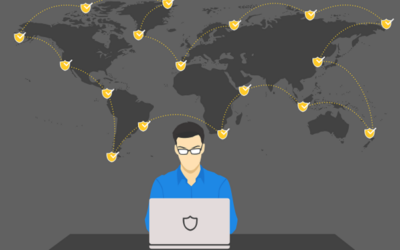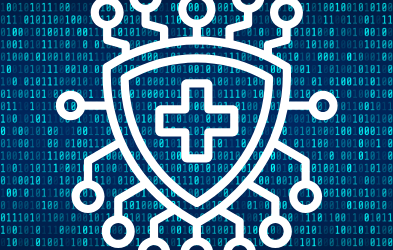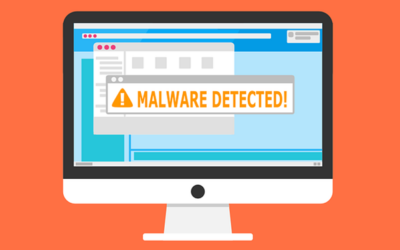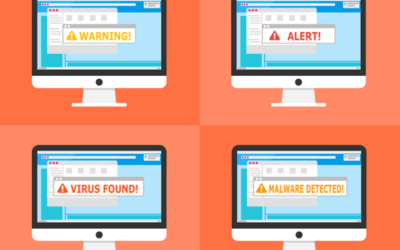
Cybersecurity Awareness Month is here, and small and medium-sized businesses (SMBs) must stay informed about the latest trends in cybersecurity. The digital landscape constantly evolves, and awareness of emerging threats and best practices is essential for safeguarding your business.
Emerging Cyber Threats: What SMBs Should Watch Out For
The cyber threat landscape is becoming more sophisticated, with new dangers that pose significant risks to SMBs. Notably, AI-powered attacks are becoming more prevalent, utilizing machine learning to adapt and evade detection. Additionally, ransomware-as-a-service is making it easier for even novice cybercriminals to launch attacks. At the same time, deepfake technologies are used in phishing schemes to deceive employees into revealing sensitive information.
SMBs are particularly vulnerable to these threats due to their limited resources and often inadequate cybersecurity measures. Therefore, it is imperative for businesses to stay vigilant and proactive in their cybersecurity efforts.
Adopting Zero Trust Architecture
The Zero Trust architecture is gaining popularity in response to these evolving threats. This security approach operates on the principle of “never trust, always verify,” requiring continuous verification of every user and device attempting to access your network.
At Wahaya IT, we advocate for adopting Zero Trust principles, such as implementing least privilege access. This means giving users access only to the resources necessary for their roles, thereby reducing insider threats and mitigating lateral movement within networks.
Securing the Cloud in the Era of Remote Work
The shift to remote work has accelerated our reliance on cloud services, introducing new cybersecurity challenges. While the cloud offers flexibility and scalability, it also presents potential vulnerabilities that must be addressed. Wahaya IT recommends implementing robust identity management solutions, data encryption, and regular security audits to secure your cloud environment.
Additionally, it is essential to establish comprehensive remote work policies that include using VPNs and secure collaboration tools to protect sensitive data while employees work from various locations.
Navigating Regulatory Changes and Compliance
As cyber threats evolve, so do regulatory frameworks aimed at protecting sensitive information. Emerging regulations are increasingly requiring businesses to demonstrate their security measures. Wahaya IT assists clients in navigating these complex compliance requirements, ensuring they are well-prepared to meet these standards.
Cybersecurity insurance is also becoming more critical, providing a safety net for businesses. We help clients document their processes and conduct audits, positioning them to meet regulatory demands and secure the necessary insurance coverage.
Conclusion
The future of cybersecurity for SMBs is complex, but with the support of Wahaya IT, navigating these changes becomes manageable. We empower our clients with the knowledge and tools necessary to adapt to the evolving cybersecurity landscape. Let’s commit to staying informed, prepared, and proactive in securing our digital future together.
Don’t wait for a breach to occur—contact us today to schedule a consultation and take the first step towards securing your business’s digital future.

































